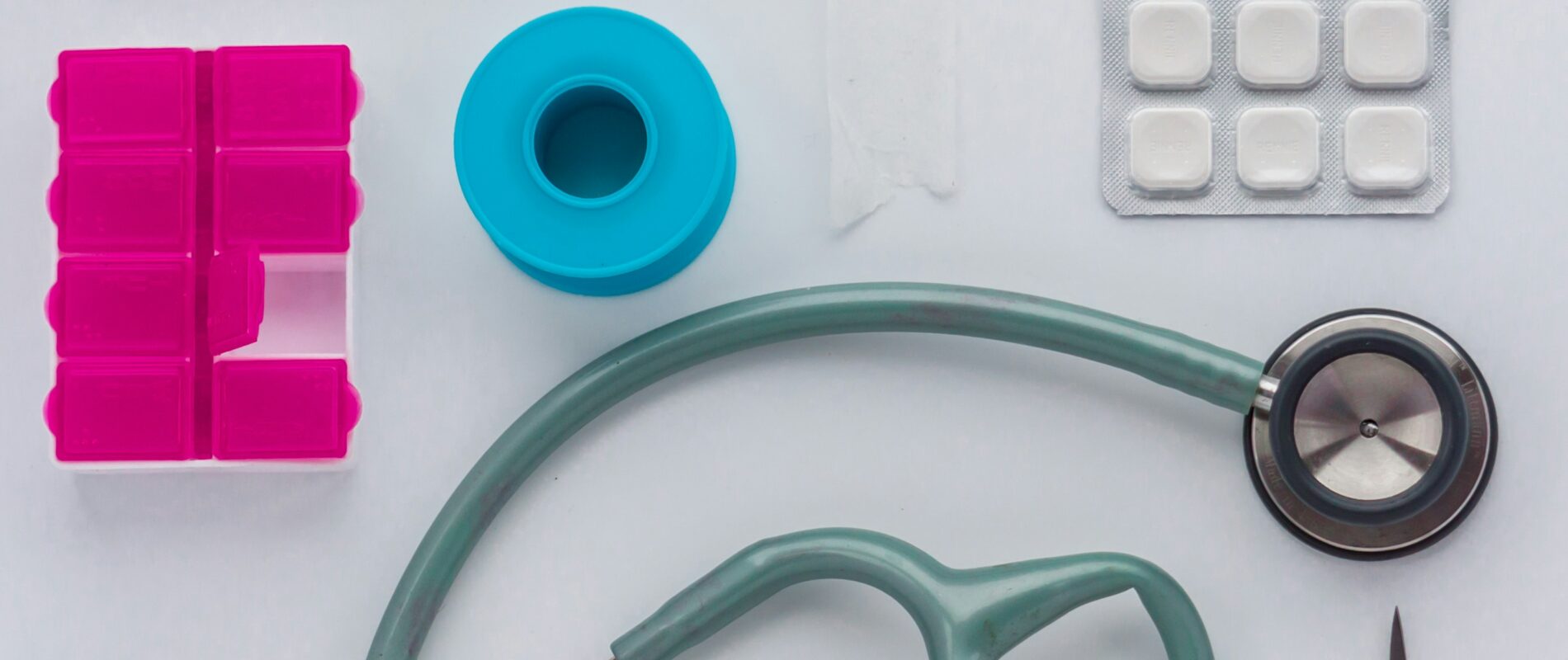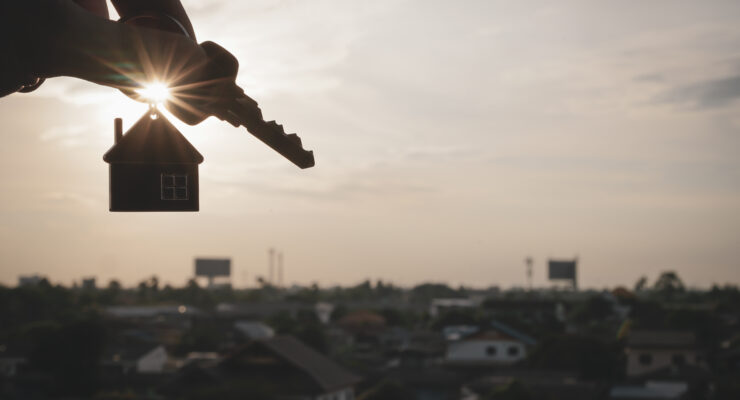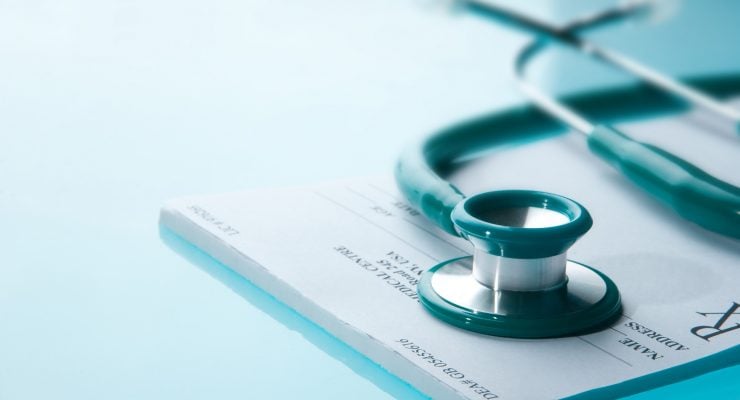When living abroad, it can be scary to seek medical attention, especially when you don’t speak the local language. In this article, you’ll find practical information that can help you in case of an emergency or health issue in South Korea.
Emergency contacts to know
119: emergency call center (ambulance, firefighters)
112: the police
If you are in a difficult situation and don’t know who to turn to, you can contact the embassy of your home country, which can direct you to the relevant local authorities:
Also remember to register with the foreign affairs ministry of your home country, to be listed as a resident in Korea and receive real-time notifications about risks.
Accessing healthcare in South Korea
Seeing a doctor
In Korea, there are several healthcare facilities. If you go directly to clinics or large hospitals, consultations will cost you more than if you go through a primary care facility, such as medical offices and health centres.
You can find health centers in every neighbourhood; however, there might not always be English-speaking staff. If you can be accompanied by someone who speaks Korean, it will be easier; otherwise, you will need to rely on a translator like Papago. Don’t postpone a consultation because of language barriers.
To find the health center closest to you, you can type 보건소 in the search bar of Kakao Map or Naver Map. Alternatively, you can check the website of the “gu” (district) where you live; you will find the address of the health centres in the area. After a consultation at a health center, you may be referred to a specialist if needed.
If you want to book an appointment directly with a specialist, you can either ask a Korean acquaintance to help you find one, or search by yourself by translating the specialty name into Korean and searching on Naver (the search engine) or using Naver Map or Kakao Map. Don’t hesitate to ask for advice in expat groups — it’s a great way to get recommendations for good specialists.
Hospitals with an English-speaking reception
If you prefer to go directly to an establishment with an international medical center where you can be received in English (among other languages), here is a non-exhaustive list.
Hospitals in Seoul
Specialized hospitals
Gynecology:
Ophthalmology:
ENT (Ear, Nose, Throat):
Spinal issues:
Hospitals near Seoul
Hospitals in Incheon
Hospitals in Daejeon
Hospitals in Daegu
Hospitals in Busan
Abortion and STI testing
Abortion in South Korea
In 2019, the Constitutional Court ruled that banning abortion was unconstitutional. Since 2021, abortion has been decriminalized.
However, since decriminalization, no real legal framework has been established to regulate the practice, and no policy has been implemented to guarantee simple, safe, and affordable access to abortion, leaving considerable uncertainty around the issue.
It is therefore still quite difficult and costly for women to get an abortion in Korea. But rest assured that it is no longer illegal.
If you need to have an abortion, check women’s Facebook groups in South Korea for recommendations to hospitals offering such healthcare. he topic is often discussed, and you can find support and practical information there.
Here are some Facebook groups:
You can also reach out to certain organizations that can help and support women:
- KoPHWA – Family Planning
Website
- Seoul Crisis Intervention Center for Women and Children
Website
Email: [email protected]
- Emergency helpline for women
1366 (24/7)
Email: [email protected]
Website
Number to contact in case of domestic violence, sexual violence, harassment, prostitution. (service in Korean)
- Multicultural family support center
Danuri Helpline: 1577-1366 (24/7)
Number to contact in case of domestic violence, sexual violence, prostitution. (service in English)
STI testing
KHAP, the Korean federation for HIV and AIDS prevention, offers free and anonymous STI testing for foreigners residing in South Korea.
KHAP holds testing sessions in Seoul, Busan, and Ansan. You can get blood tests for STIs without an appointment, as well as rapid oral HIV tests by appointment.
Note that tests are not available every day; there are only a few sessions per month. You can check the testing schedule on this page.
Information and contact for KHAP:
Website
Instagram account: @khap.info
Phone number: 010-2654-4322
Email: [email protected]
KakaoTalk: KHAP-1
Line: KHAP1
If you are in an emergency, you can of course go to a regular hospital. Tests will need to be paid out of pocket and may not be anonymous.
Health insurance
Private travel medical insurance
If you are in South Korea on a Working Holiday Visa (WHV), you likely already have private travel medical insurance such as Globe WHV, because it is required as a part of your visa application.
In case of medical consultation or emergency care, you will initially have to pay the costs upfront, then request reimbursement from your insurance provider.
*Private travel medical insurance generally covers related to an accident or illness, not routine check-ups.
We’ve been recommending
Globe WHV insurance since 2005. They’ve already covered thousands of working holiday makers, in South Korea and elsewhere.
Korean public health insurance
As a resident in Korea (even as a WHV holder), you are automatically enrolled in the national healthcare. It is not free. You can choose to keep this insurance in addition to the private insurance that you already have. Alternatively, you can request exemption from Korean public health insurance. This is an optional step.












 Français
Français English
English




0 comments
{{like.username}}
Loading...
Load more